China has seen historic changes to its ecological environment, according to a white paper on moderate prosperity released by the State Council Information Office Tuesday.
A sound ecological environment is the most inclusive contributor to people's wellbeing, and a salient feature of moderate prosperity in all respects, said the white paper titled "China's Epic Journey from Poverty to Prosperity."
China has made strong headway in preventing and controlling pollution, attaining major achievements in its drive to keep the skies blue, the waters clear, and the land pollution-free in 2020, according to the white paper.
In cities at or above prefecture level, 87 percent days reached good or excellent air quality. Up to 94.5 percent of the drinking water sources serving urban communities reached the required standards. Approximately 90 percent of polluted farmland and more than 93 percent of polluted land plots were rendered safe for use, the white paper said.
The country has the highest growth in forest resources and the largest area of man-made forests in the world, the white paper noted. By the end of 2020, it had raised its forest coverage to 23 percent of its land mass and the vegetation coverage of its grasslands to 56.1 percent.
China also tops the world in terms of new energy use and progress in energy conservation. Between 2015 and 2020, its energy consumption per unit of GDP fell by 13.2 percent and carbon emissions dropped by 18.8 percent, it added.
By enacting the strictest Environmental Protection Law in its history, and formulating or amending a range of other laws and regulations, the country has created a legal framework on the ecological environment that covers all environmental factors in major fields, said the white paper.












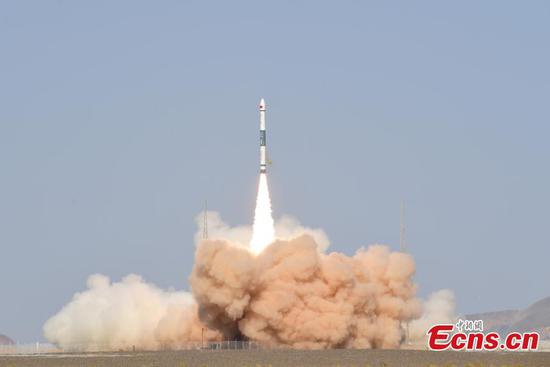

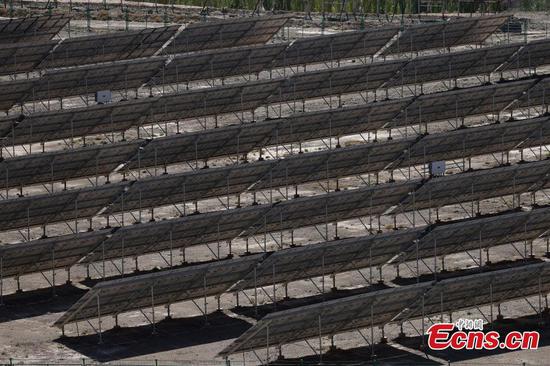


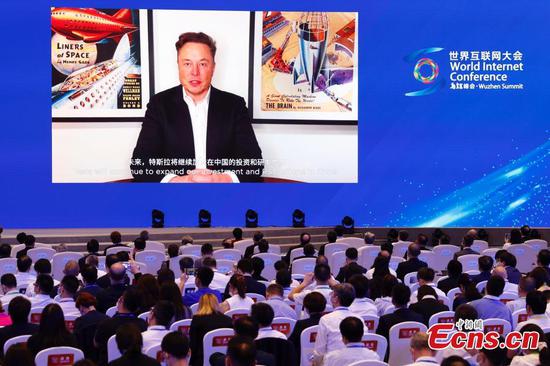

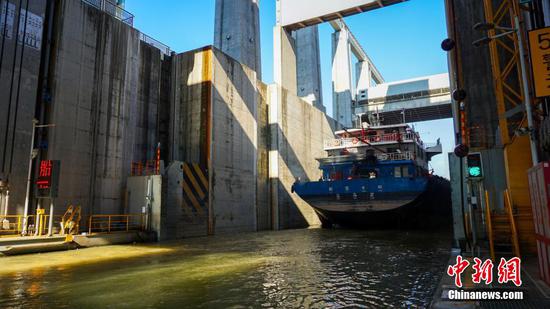

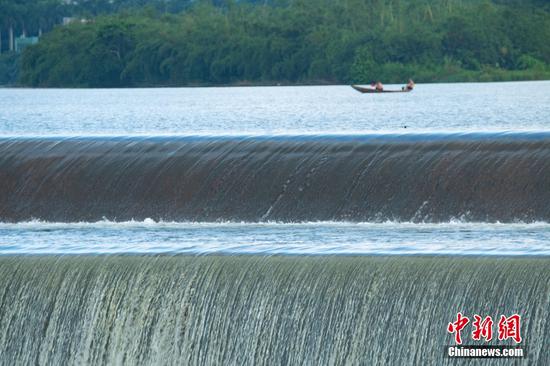

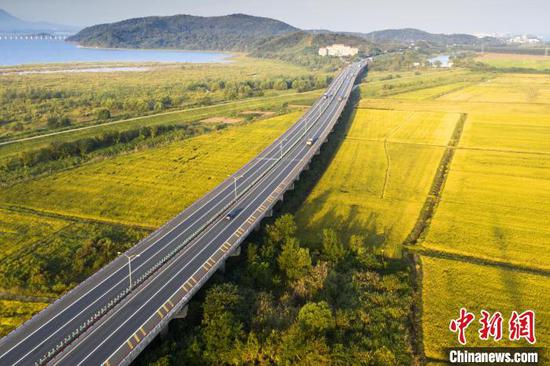
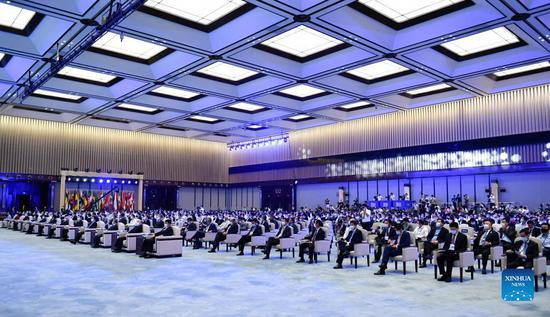

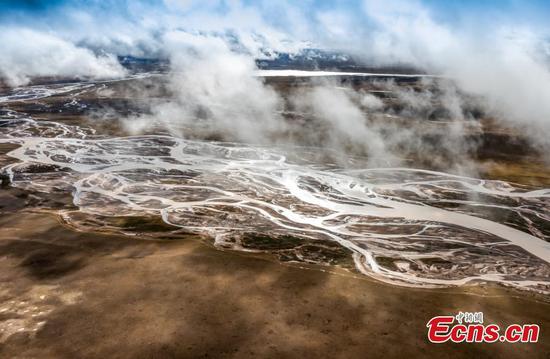




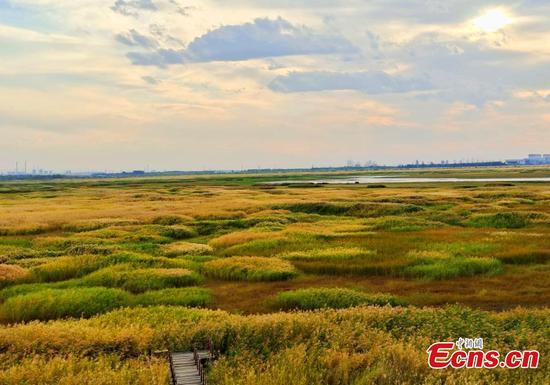
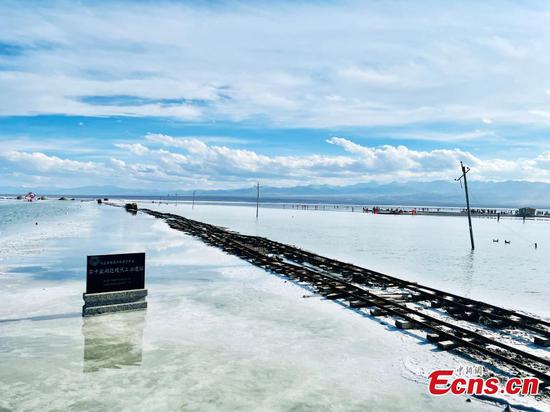
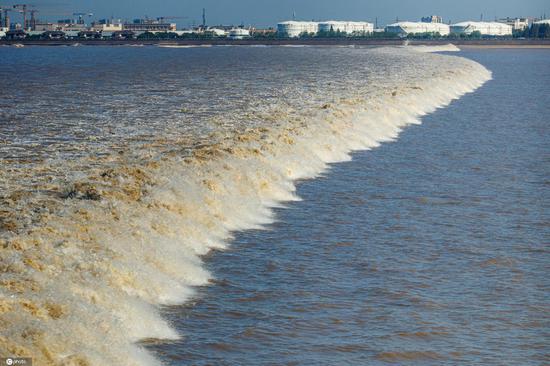


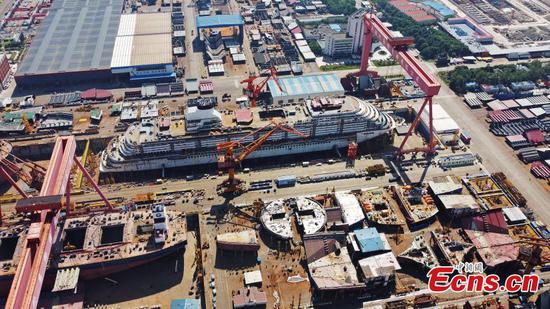













 京公网安备 11010202009201号
京公网安备 11010202009201号